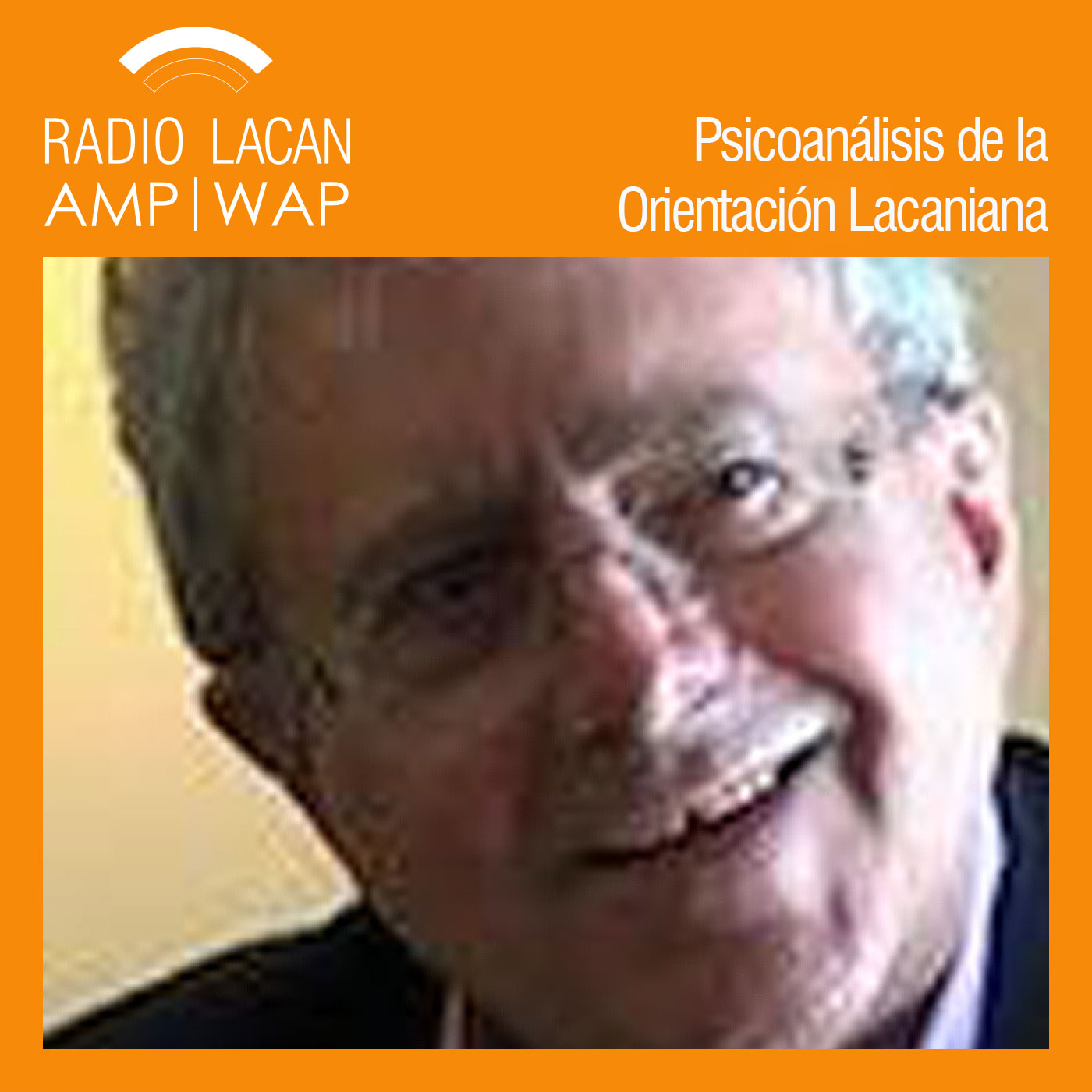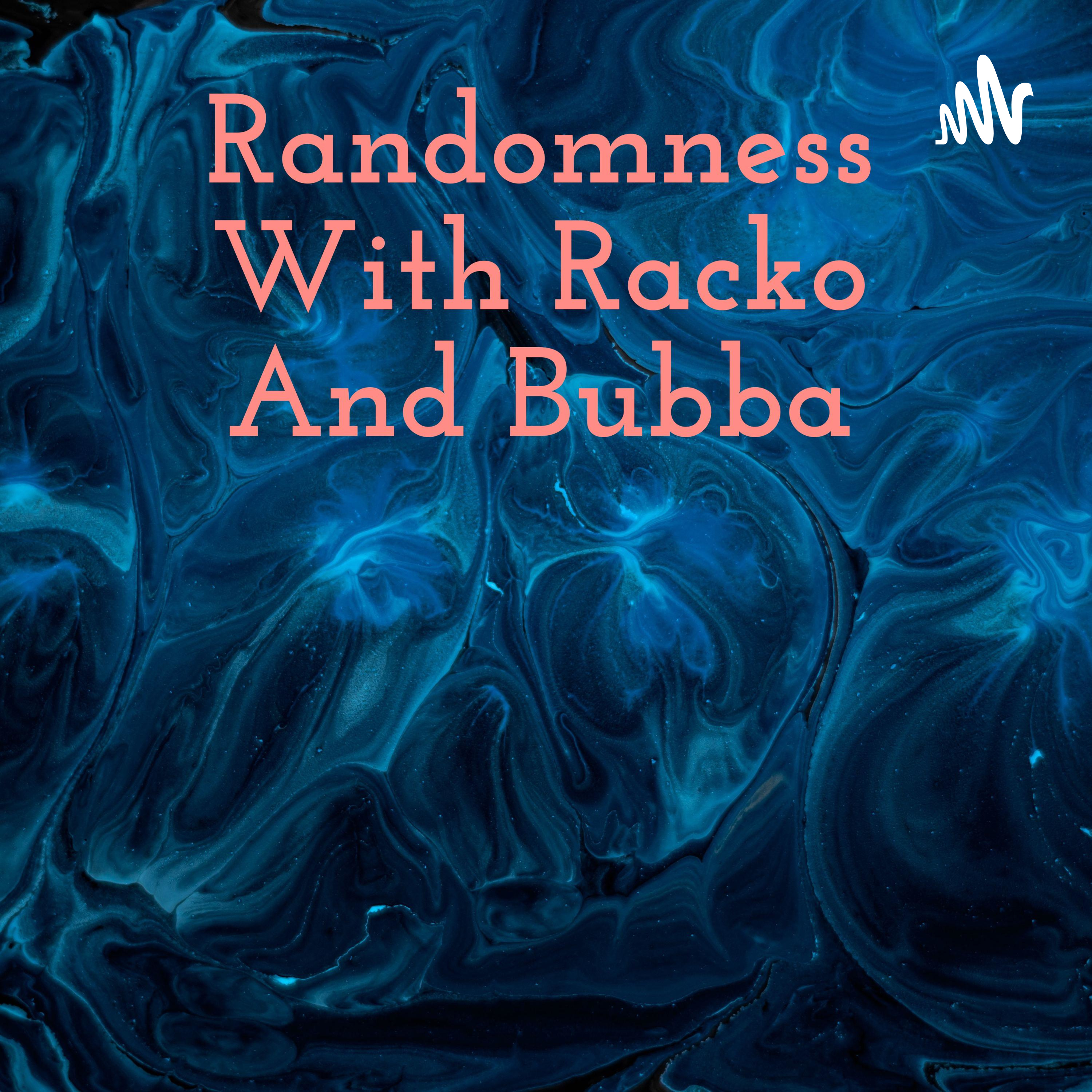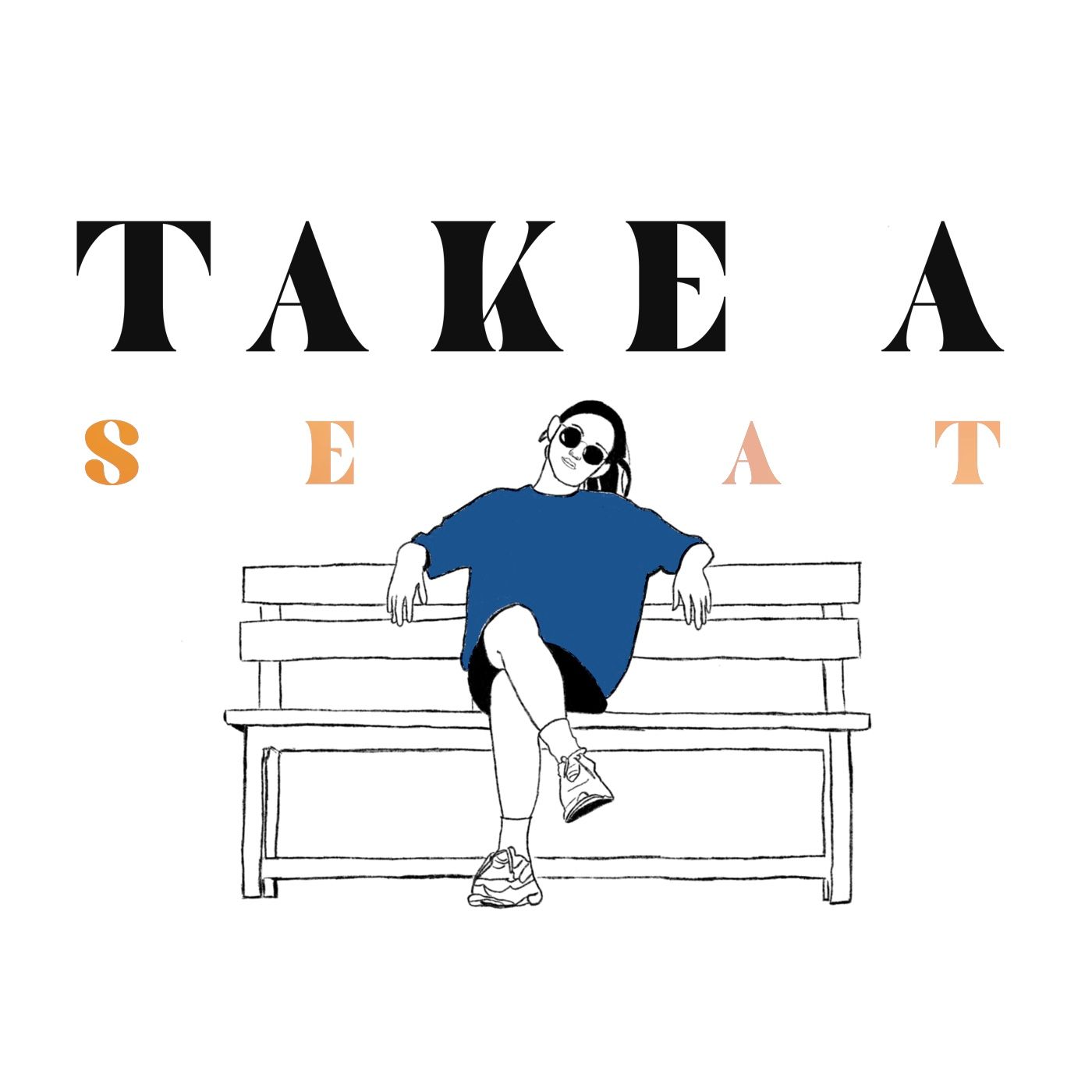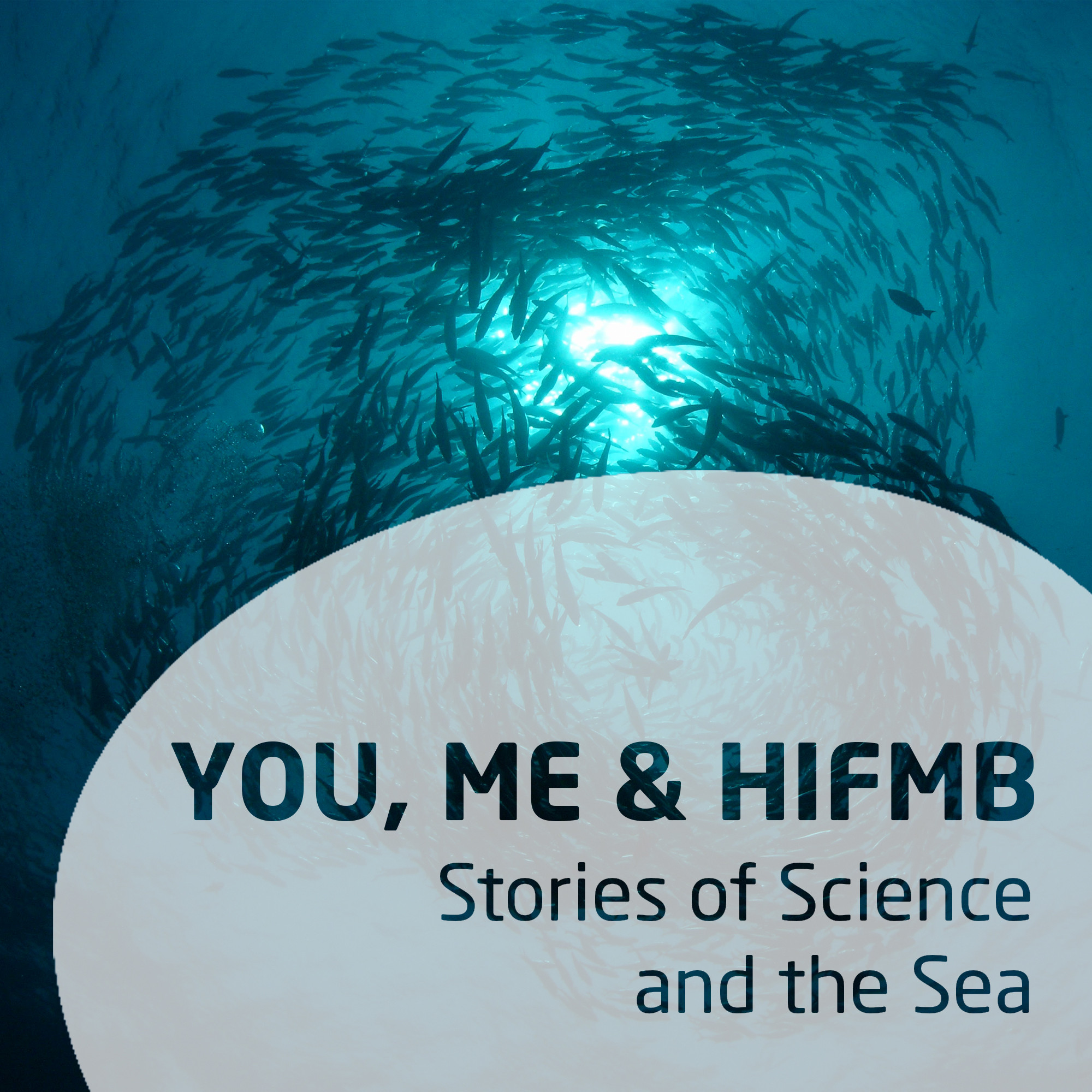 |
How We Can HealAuthor: Lisa Danylchuk
A podcast to share deep conversations about How We Can Heal from lifes toughest circumstances. Language: en-us Genres: Health & Fitness, Mental Health, Science, Social Sciences Contact email: Get it Feed URL: Get it iTunes ID: Get it Trailer: |
Listen Now...
Beauty After Bruises: Healing Complex Trauma Together with Lexi & Anne
Episode 5
Wednesday, 18 February, 2026
What happens when compassion meets competence—and lived experience leads the way? We invited Anne Nicely and Lexi M., co-founders of Beauty After Bruises, to share how a homegrown effort to help one survivor of dissociative identity disorder expanded into a nationwide bridge for people living with complex trauma and dissociation. From funding care to educating clinicians, their mission is simple and urgent: make healing possible, practical, and grounded in research.We unpack the real differences between trauma informed and trauma competent care, why the best therapists’ rosters are often full, and how short trainings can’t substitute for years of learning with complex PTSD and DID. Lexi explains why she chooses anonymity for safety and modeling boundaries, while offering rich, accessible psychoeducation through articles, symptom management guides, and hope-centered resources. Together, we explore the daily practices that prevent burnout—tight boundaries, humor, brief news windows, playful resets, and a “hope folder” of wins—so survivors, families, and helpers can keep going.The conversation gets specific about consent and communication. Families often want to help but can overreach; meta-questions like “Would it help if I asked about this?” and “Is this helping or hurting?” return agency to survivors and protect pacing. We highlight practical stabilization: check basics first (sleep, food, water, movement), ask “What do I need right now?” and, if stuck, reverse engineer by testing a few supports. Anne and Lexi also share what scale could look like with serious funding: year-long therapy grants and more robust therapy boxes for those without local clinicians, ensuring continuity and real foundations for healing.If you care about complex trauma, dissociation, and the path from buzzwords to better care, this episode offers clarity, candor, and grounded hope. Listen, share with a colleague or loved one, and tell us your biggest takeaway. If it resonated, subscribe, leave a review, and pass it along to someone who needs honest encouragement today.Support the show










